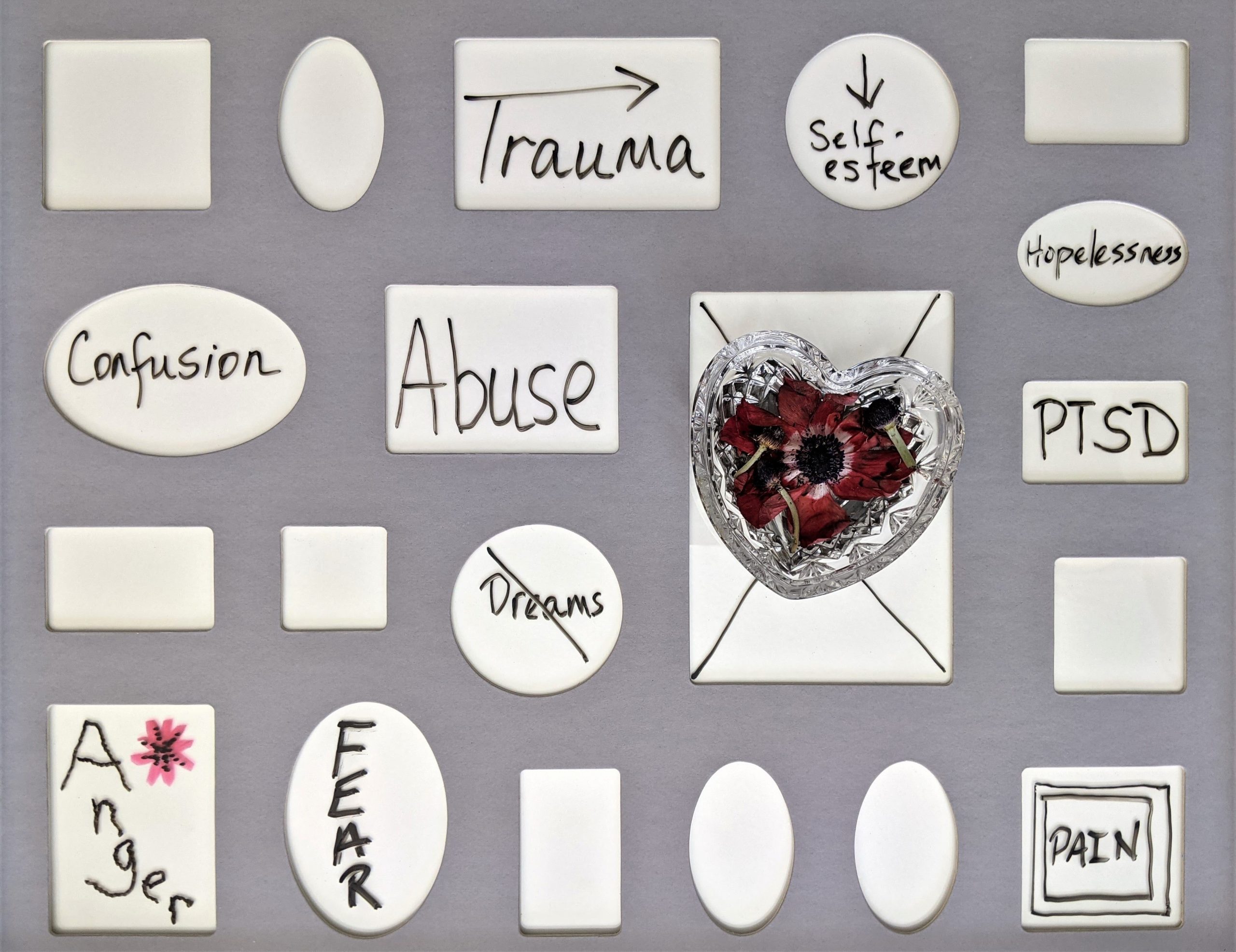
Emotional abuse can be very hard to spot. Abusers do not want to be discovered. They are after control and power in the relationship and use tactics like criticizing, insulting, belittling, blaming, threatening, isolating and withholding affection or money.
Abusers use these methods to “tear down” the independence and self-confidence of those they are in relationships with. The biggest risk to the abuser is getting caught. It could be they are so invested in their confusion and don’t want change such as a breaking off of the relationship or being forced to admit their weakness of character.
“Emotional abuse is insidious!” says therapist Sharie Stines, who specializes in recovery from abuse.
Be sure that in a healthy relationship you are validated, reassured, heard and understood.
Abusive relationships don’t start out as abusive. There is an initial loving and caring, then it slowly goes downhill. Sometimes the kindness the other person is offering is only a “hook” to win over your trust. Emotional abuse could quickly escalate into physical violence. There is a language that most perpetrators who engage in abuse use and this takes the focus off of the abuse:
Oh My! What do we do?
There is no one fix for all responses and situations. But some of these ideas may help a bit.
First, please evaluate if that relationship is what you want for the rest of your life. If you inject the idea that the other partner will change – don’t expect that in reality. In most cases, abusive, “gaslighting” behaviors don’t carry with them the “ideal to change”. The person inflicting these behaviors does not want to be caught.
Need help? In the U.S., call 1-866-331-9474 or text “loveis” to 22522 for the National Dating Abuse Helpine.
More information can be found at www.LoveIsRespect.org
National Domestic Violence Hotline is 800.799.7233 or online at www.TheHotline.org
Disclaimer: There are indeed situations where a partner or friend has mental health issues. Chefsville encourages abusers to “STOP” verbal abuse and get professional help. The prize is a loving, kind, and rewarding relationship that encourages exhorts and fosters growth. There are also situations where chronic forms of selfishness, ego, stubbornness, inability to admit wrongs, or uncontrolled thinking are present. This writing assumes that there are no mental health issues or extreme willful behavior present.
Chefsville exists to reduce family violence, abuse and neglect. There is much abuse that happens in the kitchens. The kitchen used to be the command center of the family. Now it has in many cases degraded into a place where family abuse is conducted. The kitchen has become a place where kids are manipulated, intimidated and coerced. Let’s regain the kitchens to a place where love, trust and good communication are dispensed. The kitchen was always a place where family members could be built-up and encouraged. Retake your own kitchen! Let loving kindness reign in your kitchen with everyone.
© Chefsville. All Rights Reserved.